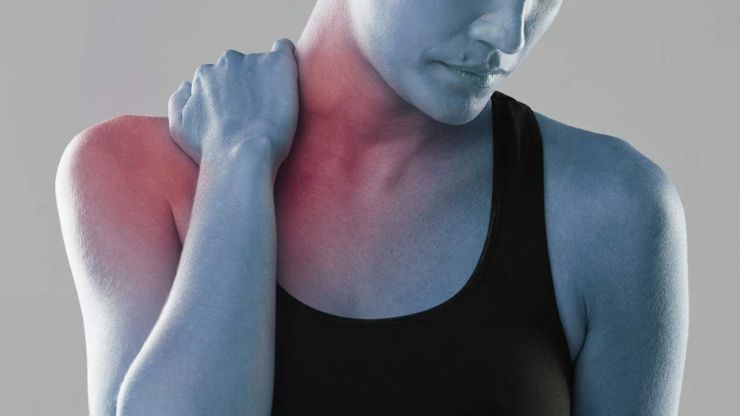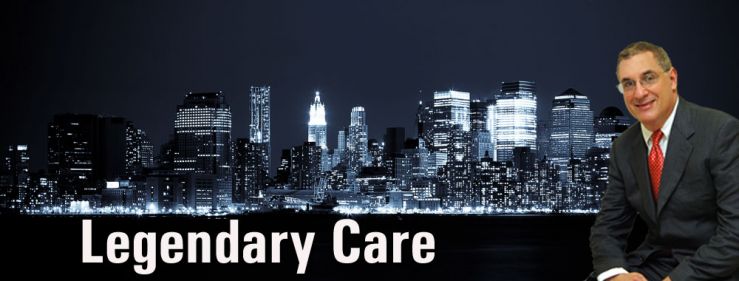Cervical Disc Herniations
The most common symptom of cervical disc herniation is pain that radiates down to the arm in various locations. Although a cervical herniated disc may be caused by trauma or injury to the cervical spine, the symptoms, including arm pain, often start spontaneously.

The arm pain from a cervical herniated disc comes about because the disc material is “pinching” or pressing on a cervical nerve, causing pain to radiate along the path of the nerve pathway down the arm.
Numbness and tingling may also be present down the arm and into the fingertips. Additionally, the patient may suffer muscle weakness as a result of a cervical herniated disc.
The specific location of the arm pain or symptoms depend on which disc is involved. The two most common levels in the cervical spine to herniate are the C5 - C6 level (cervical 5 and cervical 6) and the C6 -C7 level.
The symptoms often associate with hernaition are as follows:
- C4 - C5 (C5 nerve root) - May cause weakness in the deltoid muscle of the upper arm or possibly shoulder pain. Does not usually cause numbness or tingling.
- C5 - C6 (C6 nerve root) - May cause weakness in the biceps and wrist extensor muscles. Numbness and tingling along with pain can sometimes extend to the thumb side of the hand. This is one of the most common levels for a cervical disc herniation to occur.
- C6 - C7 (C7 nerve root) - May cause weakness in the triceps (muscles on the back of the upper arm) and to the finger extensor muscles. Tingling and numbness, and pain may radiate down the triceps and into the middle finger.)
- C7 - T1 (C8 nerve root) - May cause weakness with the hand's ability to grip. Numbness and tingling and pain may radiate down the arm to the little finger side.
Treatment
As with most spinal problems, our first line of treatment typically involves medications and/or physical therapy.
Surgical treatment for cervical disc herniation may involve foraminotomy or artificial disc placement. The surgeons of SouthPalm Ortho-Spine Institute always consider minimally invasive surgery as an option.
